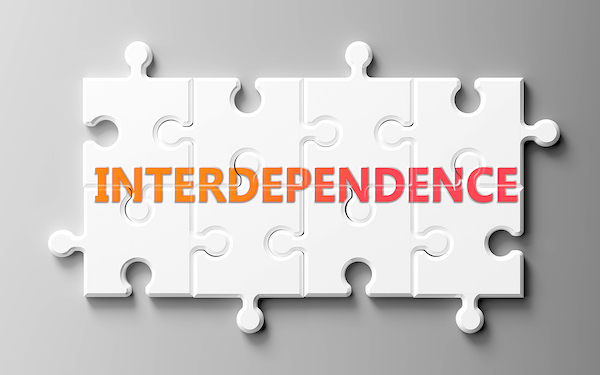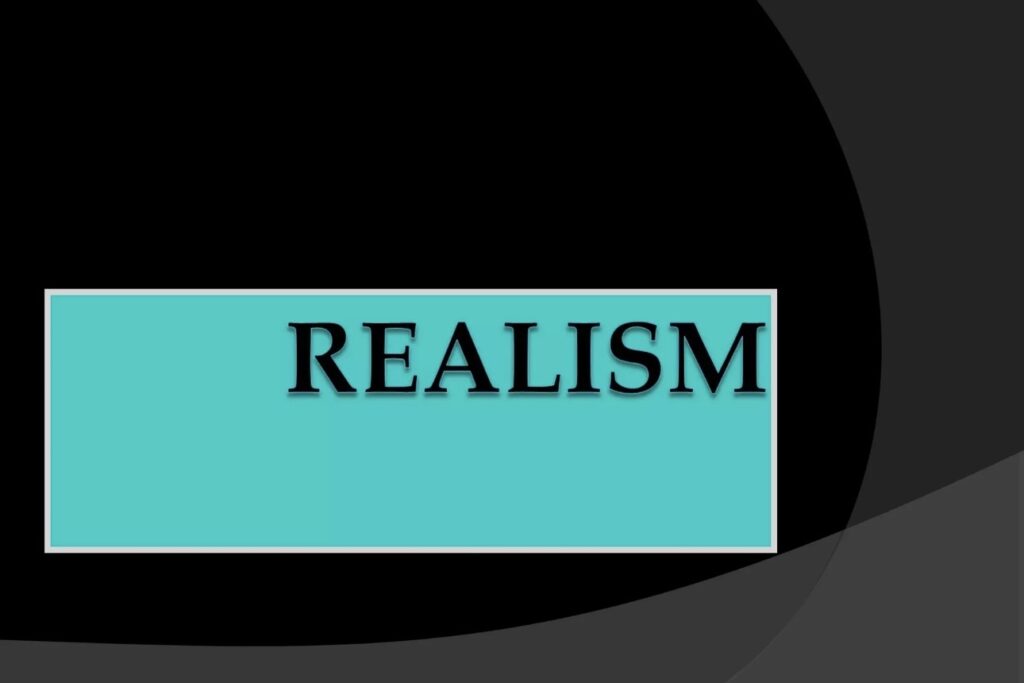Why Global Law-Making Has Stalled, and What Still Works.
There was a time when the world could sit down and write new rules. The decades after 1945 saw an extraordinary wave of treaties: the Geneva Conventions, the Law of the Sea, the Nuclear Non-Proliferation Treaty, and the conventions that underpin trade, environment, and human rights today. It was a golden age of cooperation, a period when diplomacy was in full momentum. But somewhere around the turn of the millennium, that momentum began to fade. The United Nations Treaty Series clearly illustrates this: while the 20th century averaged over thirty new multilateral agreements each year, the 21st struggles to produce even two. And the ones we get, like the climate commitments, digital governance frameworks, and arms-control updates, often lack the participation of the most influential states. We live in an age of global connectivity, yet we face a diplomatic deadlock. The world keeps talking, but it rarely agrees on anything unanimously. Why the Engine Has Stalled The decline isn’t solely about bureaucracy; it’s about power. The structure of the post-war world rested on two assumptions: that the major powers could cooperate and that the rest of the world would follow. Neither of these now holds true. The United States and its allies no longer dominate the system they created. China and India have risen, the Global South has found its voice, and new blocs, such as BRICS, ASEAN, and the African Union, are seeking equal weight at the table. That shift, though long overdue, has made reaching agreements more challenging. Every issue now comes with competing narratives, legal traditions, and different versions of what fairness looks like. Add to this the political exhaustion of consensus. Most UN bodies still require unanimity before moving forward, a rule designed for harmony that now guarantees paralysis. Every major treaty must satisfy everyone, or it dies. And so most quietly fail, replaced by “soft law”, the non-binding guidelines and declarations that fill the void. Soft law can still shape behaviour. It establishes norms but lacks accountability. It’s like a handshake after a lengthy meeting that sidesteps signatures, a gesture of goodwill rather than a firm commitment to act. Where Law-Making Has Frozen The nature of war has changed faster than the rules that govern it. Most modern conflicts are domestic, including civil wars, insurgencies, or hybrid confrontations that blur the distinction between soldier and civilian. Yet, international law still assumes war is something fought between states. The International Committee of the Red Cross spent a decade trying to modernise these rules to establish clearer standards for detention, humanitarian access, and state accountability. However, from 2008 to 2018, every proposal failed due to political pressure. Major powers refused to restrict their own freedom. The same applies to emerging weapons. The debate on lethal autonomous weapons like drones that can kill without human command has been ongoing since 2016. Yet no treaty exists. Nations argue, delay, and leave the issue to voluntary ethics codes. Even “successes” like the Cluster Munitions Convention (2008) and the Nuclear Weapons Ban Treaty (2017) have limited impact because the world’s largest militaries simply opted out. The result? We end up with rules for 20th-century wars in a 21st-century battlefield. See the problem? Cyberspace exemplifies where law encounters its greatest paradox: everyone is affected, but no one agrees on the rules. States agree that the UN Charter applies to the digital realm, that sovereignty and non-interference still matter, yet they disagree on nearly everything else. Russia and China advocate for a new treaty that considers information itself a weapon. The U.S. and its allies oppose it, cautious of endorsing censorship. Even attempts at shared principles like the 2012 World Conference on International Telecommunications have split the world down the middle. The internet remains governed not by law, but by influence and infrastructure. When Russia introduced a UN cybercrime convention in 2019, it narrowly passed with a slim majority. Western democracies refused to participate, arguing that it granted too much surveillance power to states. As a result, instead of a single, coherent framework, we now have parallel systems and competing legal universes governing the same global network. That fragmentation reflects the current state of global trade and finance. Each bloc is writing its own rules, confident in its own legitimacy, yet collectively less secure. Space might be infinite, but the laws that govern it remain stuck in 1967. The main treaties created before the number of satellites reached tens of thousands mention little about debris, private mining, or the militarisation of orbit. And because the UN space committee operates by consensus, nothing new moves forward. The Russian–Chinese proposal to ban weapons in space was blocked years ago and never revived. The U.S. prefers voluntary norms. China launches anti-satellite tests. Others follow suit. The irony is that soft law, voluntary guidelines, and codes of conduct now do most of the heavy lifting. It’s the “only pragmatic path forward,” as many say. But even that path narrows as competition intensifies. We risk turning space, humanity’s shared frontier, into yet another contested border. For decades, the Sixth Committee of the UN General Assembly has been where international law came alive. It drafted the Vienna Conventions, the Genocide Convention, and the Rome Statute of the International Criminal Court. Today, it mostly produces reports. Every major initiative, from defining terrorism to codifying state responsibility, has come to a standstill. The committee’s rule of consensus, once a symbol of unity, now acts as a veto for progress. The International Law Commission, which provides the committee with its drafts, has quietly made adjustments. It now produces documents with “soft-law conversion” in mind, designed to encourage practice rather than to impose binding obligations on states. That’s an adaptation, not a triumph. The One Exception: The Law of the Sea And yet, even in this stagnant world, maritime law continues to thrive. The United Nations Convention on the Law of the Sea (UNCLOS) remains evidence that cooperation can endure rivalry, that shared interests can still outweigh politics. Every state depends on
Why Global Law-Making Has Stalled, and What Still Works. Read More »




